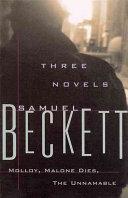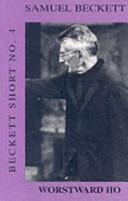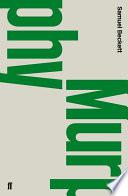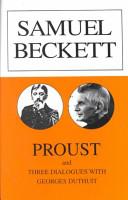“Ever tried. Ever failed. No matter. Try again. Fail again. Fail better.”
Worstward Ho (1983)
Variant: Ever tried. Ever failed. No matter. Try again. Fail again. Fail better.
Context: All of old. Nothing else ever. Ever tried. Ever failed. No matter. Try again. Fail again. Fail better.







